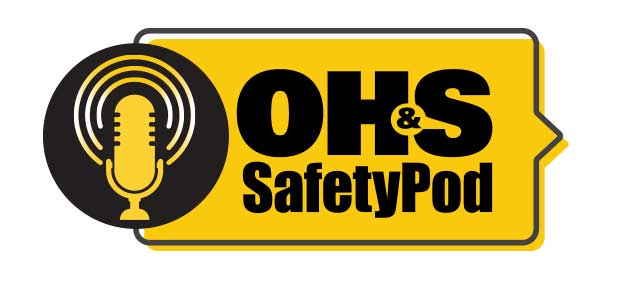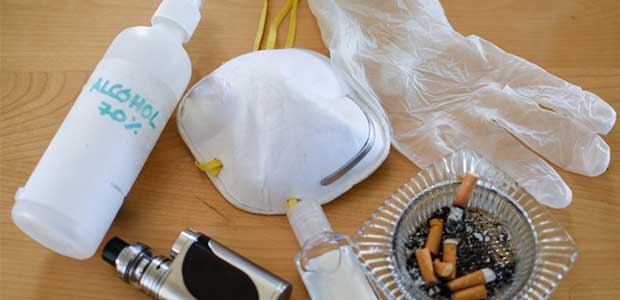Kurt Beschorner receives a $1.8M NIOSH grant to develop safer ladder design and climbing practices

OSHA has teamed up with the North American Meat Institute to provide information, guidance and access training resources for protection workers exposed to COVID-19.

The construction industry is dangerous in its nature. Therefore, both employers and employees must take safety rules seriously. In this article, we will discuss types of injuries and legal options for an injured construction worker.
Recipients are those that have gone above and beyond to enhance safety in their respective areas.

New research from the National Institute for Occupational Safety and Health illustrates the increased risk of hearing loss among noise-exposed workers in the service sector.
At production sites, workers often interact with production processes and equipment such as pumps, furnaces and others. These pose numerous HSE hazards and a lack of basic understanding of their operations could lead to mishaps—sometimes with major consequence.

Episode 20
For our inaugural Safety Speak episode we will be discussing National Safety Stand-Down, what OSHA has to say about face coverings, hearing loss in the services sector and Hazard Communications.

As standard operations and the pace of production starts to revert to normal, both employers and employees must consider the possibility of physical deconditioning.
The 7th Annual National Safety Stand-Down to Prevent Falls was postponed earlier this year with no tentative reschedule date—that is, until now.
Contact tracing has become one of the key tools to track and fight the spread of the coronavirus. While there are thousands of contact tracers working to follow the path of the virus, there are not nearly enough—and many are finding that people are uncooperative.

As businesses reopen and the workforce strives for normalcy, the challenge now comes with properly training employees to stay compliant, safe and healthy during this time.

Scientists have long speculated that vaping can exacerbate a person’s likelihood of getting COVID-19 or having a severe case, and one recent study by the Journal of Adolescent Health is the first to find conclusive results on the topic.
The University of Birmingham recently released a press release about how individuals can reduce their exposure to pollution with simple solutions such as closing windows or changing route.

Agriculture farms continue to operate to grow crops and feed the country, but with minimal federal protections against the coronavirus, many farmers are worried about contracting the virus on the job.
Get ready for a “mega-campaign” of flu immunization efforts across the country in parking lots, doctors’ offices and socially distanced appointments. Here’s why it’s important, and how to do it safely.
Collecting, coding, analyzing and reporting industry and occupation data from COVID-19 cases is crucial to informing public health strategies to reduce the impact of the pandemic on workers. One NIOSH article gives some examples.

As the school year begins, a national poll and NPR article show that most teachers have significant concern about returning to the classroom, and most prefer to start the year online.